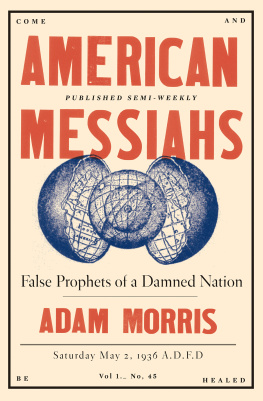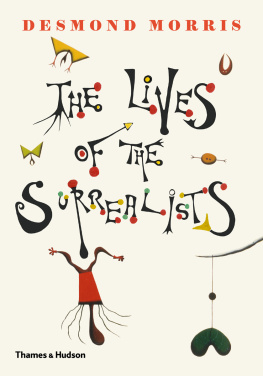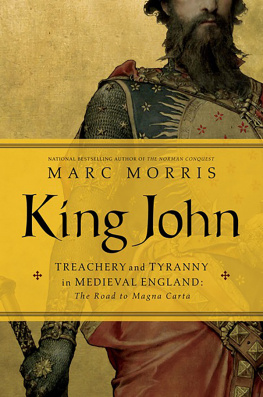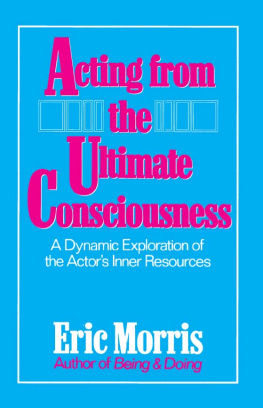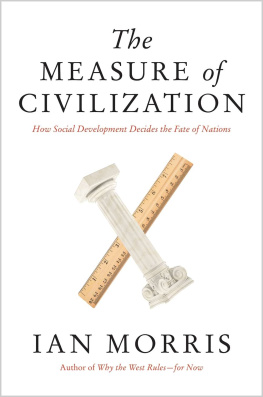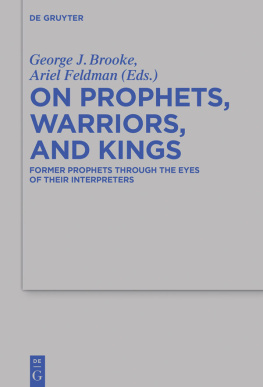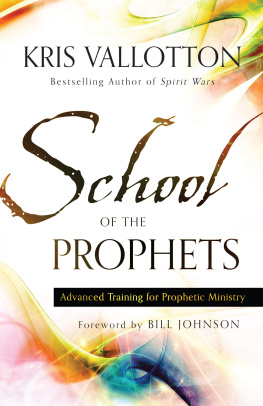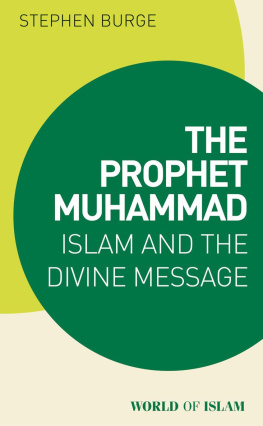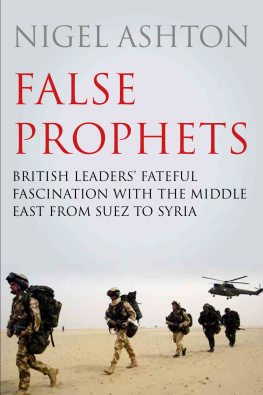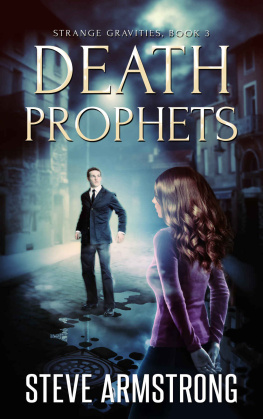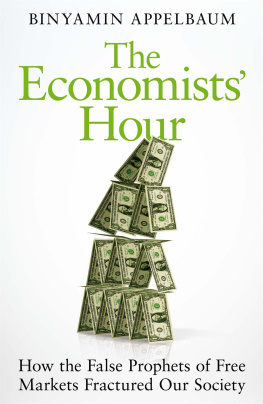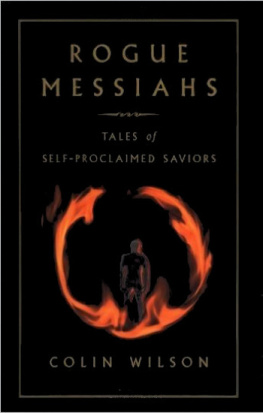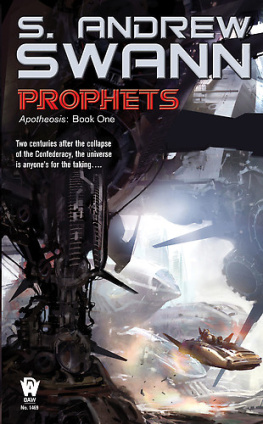Morris - American Messiahs: False Prophets of a Damned Nation
Here you can read online Morris - American Messiahs: False Prophets of a Damned Nation full text of the book (entire story) in english for free. Download pdf and epub, get meaning, cover and reviews about this ebook. City: United States, year: 2019, publisher: W W Norton & Co Inc;Liveright Publishing Corporation, genre: Religion. Description of the work, (preface) as well as reviews are available. Best literature library LitArk.com created for fans of good reading and offers a wide selection of genres:
Romance novel
Science fiction
Adventure
Detective
Science
History
Home and family
Prose
Art
Politics
Computer
Non-fiction
Religion
Business
Children
Humor
Choose a favorite category and find really read worthwhile books. Enjoy immersion in the world of imagination, feel the emotions of the characters or learn something new for yourself, make an fascinating discovery.
American Messiahs: False Prophets of a Damned Nation: summary, description and annotation
We offer to read an annotation, description, summary or preface (depends on what the author of the book "American Messiahs: False Prophets of a Damned Nation" wrote himself). If you haven't found the necessary information about the book — write in the comments, we will try to find it.
American Messiahs: False Prophets of a Damned Nation — read online for free the complete book (whole text) full work
Below is the text of the book, divided by pages. System saving the place of the last page read, allows you to conveniently read the book "American Messiahs: False Prophets of a Damned Nation" online for free, without having to search again every time where you left off. Put a bookmark, and you can go to the page where you finished reading at any time.
Font size:
Interval:
Bookmark:

AMERICAN MESSIAHS
AMERICAN
MESSIAHS
FALSE PROPHETS OF A DAMNED NATION
ADAM MORRIS

LIVERIGHT PUBLISHING CORPORATION
A division of
W. W. Norton & Company
Independent Publishers Since 1923
New York | London
Copyright 2019 by Adam Morris
All rights reserved
First Edition
For information about permission to reproduce selections from this book,
write to Permissions, Liveright Publishing Corporation, a division of
W. W. Norton & Company, Inc., 500 Fifth Avenue, New York, NY 10110
For information about special discounts for bulk purchases, please contact
W. W. Norton Special Sales at specialsales@wwnorton.com or 800-233-4830
Book design by Marysarah Quinn
Production manager: Anna Oler
ISBN 978-1-63149-213-6
ISBN 9781631492143 (ebook)
Liveright Publishing Corporation, 500 Fifth Avenue, New York, N.Y. 10110
www.wwnorton.com
W. W. Norton & Company Ltd., 15 Carlisle Street, London W1D 3BS
FOR AARON JOSEPH
The criticism of religion is the prerequisite of all criticism.
KARL MARX,
A Contribution to the Critique
of Hegels Philosophy of Right
If thou art in the mood I will discourse.
THOMAS LAKE HARRIS,
Nu. VII, White Roses for the Pall
MY SECOND TRIP TO HEAVEN was more propitious than the first. I wasnt alone this time, but accompanied by my friend Shannon, who works as a historic preservationist in Philadelphia. Shannon lent some professional credibility to our Sunday tour of Woodmont, also known as the Mount of the House of the Lord. Woodmont is an impeccably preserved nineteenth-century manor in Gladwyne, Pennsylvania, situated within one of the wealthiest zip codes in the Northeast corridor. At the time of our visit, Woodmont was the residence of Sweet Angel Mother Divine, the geriatric regent of a nationwide religious movement founded by her husband, Father Divine, more than three-quarters of a century prior. The preservation of historic buildings in and around Philadelphia, a city that has hemorrhaged wealth and population since the 1960s, was a cause near to Mother Divines heart. For decades she managed a vast network of Victorian-era mansions and hotels across the Northeast. Stewardship of these structures had made Mother Divine a celebrated proponent of historic preservation, and the recipient of awards from the Philadelphia City Council and the Commonwealth of Pennsylvania in recognition of her work.
Beginning in the second decade of the twentieth century, Father Divines followers have lived in communes known alternately as heavens or extensions of the International Peace Mission Movement. Once scattered from coast to coast and housing tens of thousands of believers, Peace Mission extensions have slowly been emptied and sold ever since Father Divine sacrificed his earthly body in September 1965. Woodmont is one of the last and most majestic of the Movements once-legendary real-estate holdings, and it is still occupied by a coterie of (mostly) elderly followers. The denizens of Peace Mission heavens used to be known as angels, so called because of the sanctified lifestyle they adopted. Believers in Father Divines divinity do not usually describe themselves this way anymore, but they still follow the same severe moral code Father Divine enforced while he was alive. The code includes celibacy, a stricture that all but guarantees the eventual demise of the movement.
My first visit to a Peace Mission extension, a former hotel located on the corner of Broad and Catharine Streets in Center City Philadelphia, was thwarted by my own failure to abide by the International Peace Mission Modesty Code. I knew about the code, and was prepared not to swear, smoke, drink, tip, bribe, or engage in any undue mixing of the sexes during the Holy Communion banquet I wished to attend. I was only in town for a few days and put together the finest outfit I could assemble from my suitcase. I was turned away nonetheless, on account of my red shoes, and told to return when I was wearing my Sunday best. I packed accordingly for my next trip to Philly, and sent Shannon the Modesty Code before I picked her up. We turned up at Woodmont looking like frumpy substitute teachers.
Shannon and I werent the only visitors to the estate. A row of sedans had completely occupied the small parking lot at the end of the long lane that leads from the road to the mansion. I stopped short of the lot and pulled in behind a black SUV parked on the edge of the lane. A film crew was threading its way across a nearby garden.
There was no indication of where visitors should begin the tour, so Shannon and I made straight for the mansions porte cochere. Beneath it, the front door was thrown wide open. We showed ourselves in. Just as we crossed the threshold into a lavishly wood-paneled interior, the sound of voices, singing or chanting in unison, suddenly reverberated in the adjacent room. From where we stood in the mansions grand two-story foyer, Shannon and I could see through an archway into the dining room, where the Divinites appeared to be gathered around the table for worship over an elaborate meal: a tradition known in the Peace Mission as Holy Communion. Two silver-haired butlers in pale-blue tuxedo jackets and gloves wavered in the archway to the dining room but did not appear disposed to greet us. We ducked back out.
The film crew was eating lunch near one of the outbuildings when we approached. They were gathering footage for a documentary, and today, we learned, was a special day to do it: without realizing it, Shannon and I were visiting the annual feast held to mark Mother and Father Divines wedding anniversary. Mother Divine and the resident followers were hosting a full table, the crew explained; otherwise, wed have been invited to sit down. After I mentioned that wed called ahead to confirm our tour, members of the crew encouraged us to go back and request one from someone at the banquet.
We hovered in the mansions lobby while Father Divines voice crackled on recordings playing in the next room. Occasionally the sermon elicited a unified response from those assembled. None of the worshipers at the table who saw us enter made the slightest move to alert anyone else of our presence. Eventually, one of the guests emerged from the dining room to use the bathroom and sent for our tour guide. Miss Sibyl Child entered the hall wearing a knee-length navy-blue skirt, a white blouse, and a red blazer with a white V for victory embroidered on the breast. I recognized her attire as the patriotic uniform of the Rosebuds, an elite corps of angels Father Divine had organized in the 1940s. Miss Sibyl was, to my eyes, a black woman in her golden years. But in the Peace Mission, which denies racial categories, she was merely considered dark-complected, whereas Shannon and I happened to be light-complected.
Our tour began in the foyer, under a nearly life-size portrait of Father and Mother Divine. I knew the spot from old photos Id seen of one of the first wedding banquets. After we introduced ourselves as admirers of historic architecture, Shannon stepped forward with knowledgeable questions about Woodmonts construction and maintenance as we proceeded through several rooms on the ground floor. One of these was Father Divines office, which is kept exactly as he left it in 1965. Miss Sibyl spoke to Father as though he were seated at his desk.
As we meandered, Miss Sibyl narrated the history of the Peace Mission, starting with Father Divines appearance in New York in the 1920s. Beginning in this manner, with the man fully formed, prompted Shannon to ask an obvious question: where was Father Divine originally from? Miss Sibyl said she didnt know, nobody did. Her reply was crisp, delivered in the manner of someone whos answered the question many times before.
Font size:
Interval:
Bookmark:
Similar books «American Messiahs: False Prophets of a Damned Nation»
Look at similar books to American Messiahs: False Prophets of a Damned Nation. We have selected literature similar in name and meaning in the hope of providing readers with more options to find new, interesting, not yet read works.
Discussion, reviews of the book American Messiahs: False Prophets of a Damned Nation and just readers' own opinions. Leave your comments, write what you think about the work, its meaning or the main characters. Specify what exactly you liked and what you didn't like, and why you think so.

